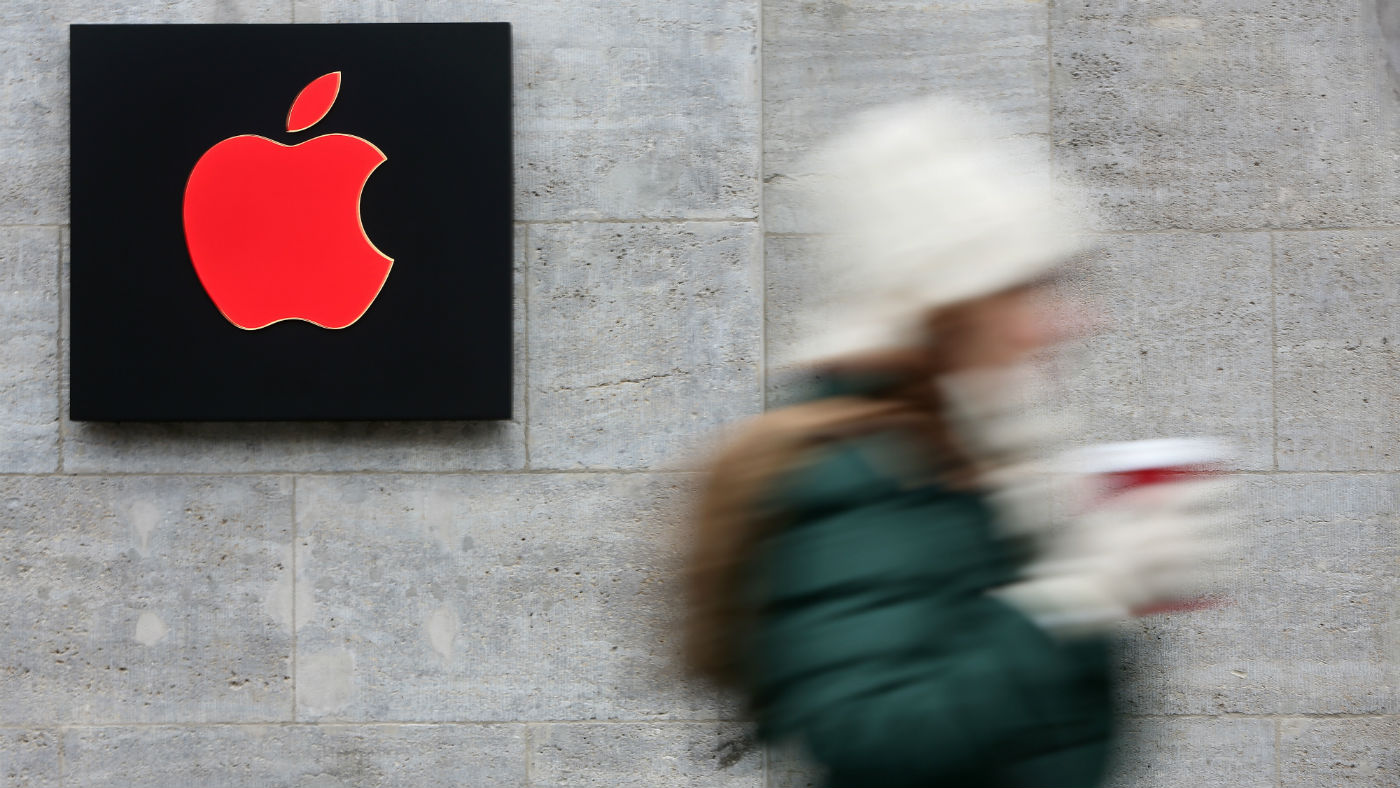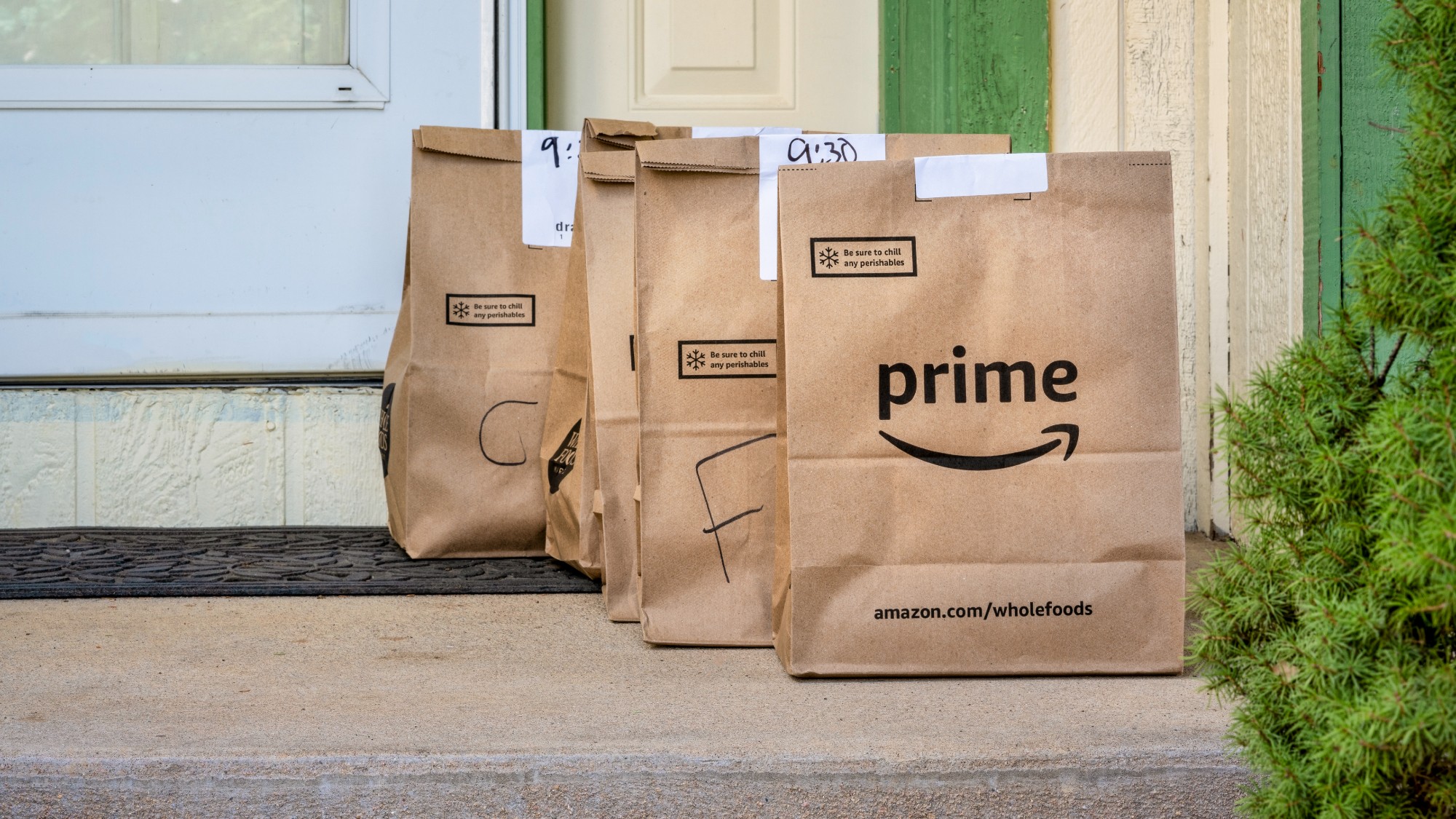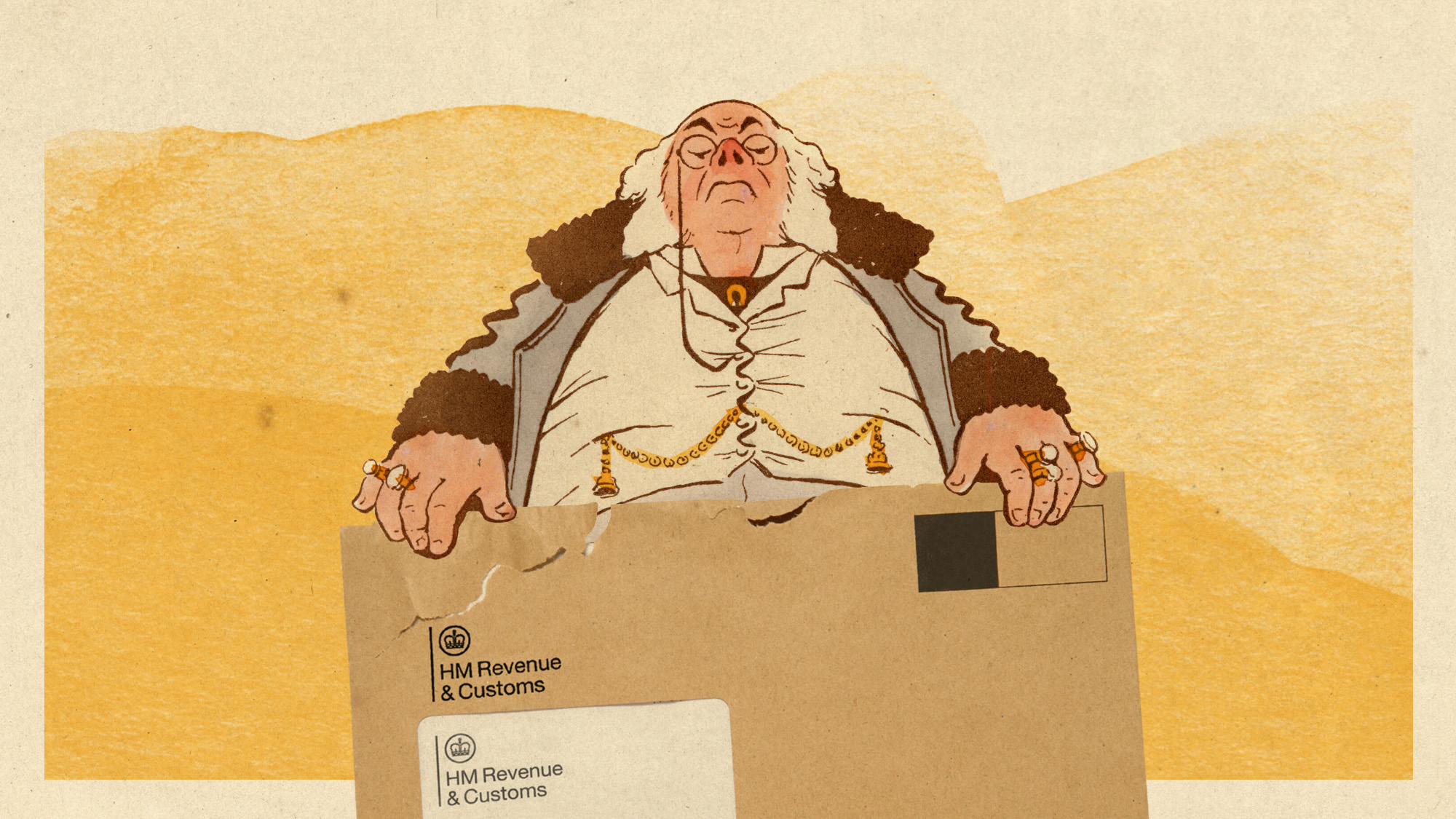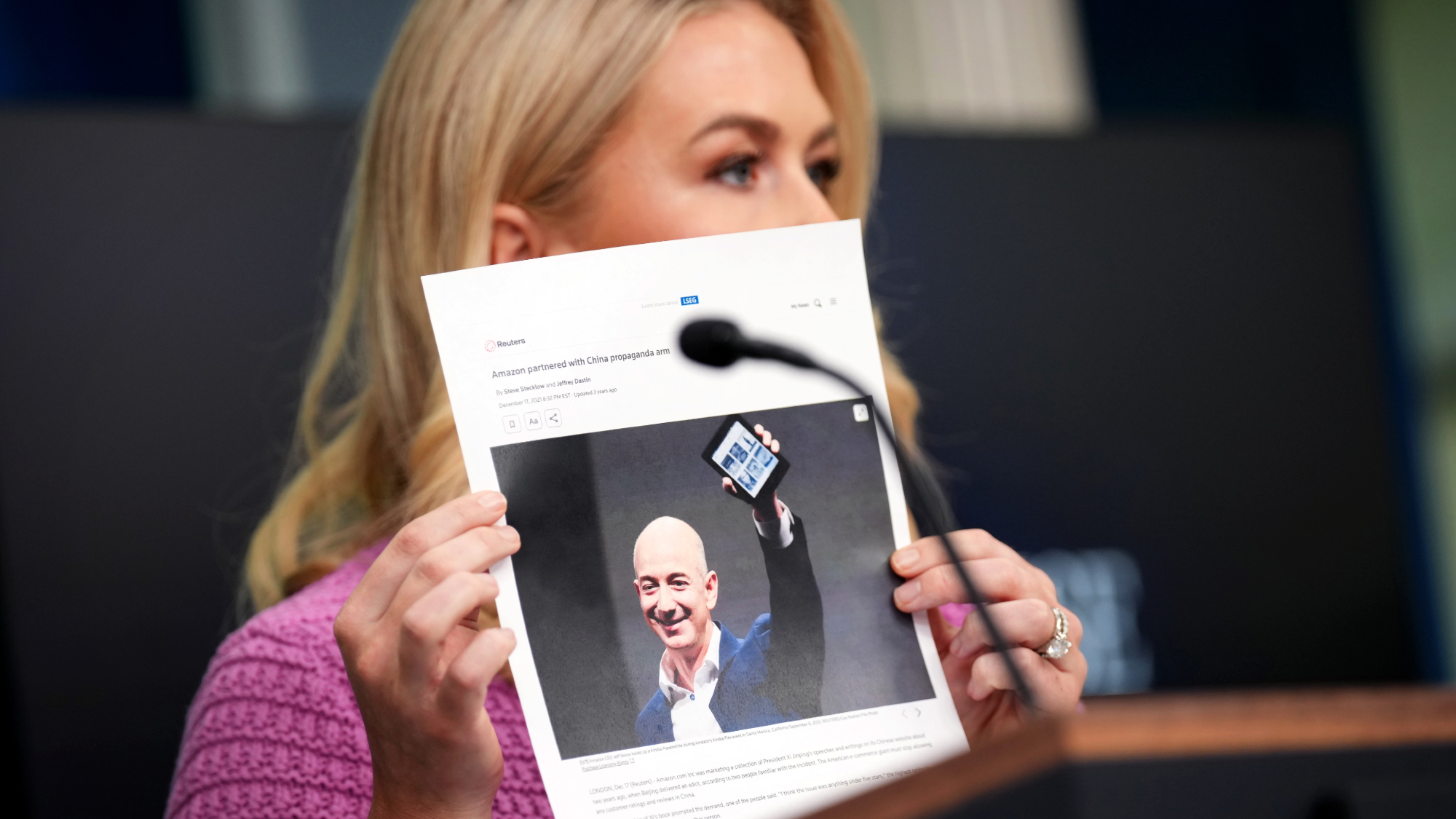EU takes Ireland to court over Apple’s €13bn tax windfall
Crackdown on multinational tax breaks risks ‘fierce political backlash’ from Washington

A free daily email with the biggest news stories of the day – and the best features from TheWeek.com
You are now subscribed
Your newsletter sign-up was successful
The European Commission is taking Ireland to court for its failure to recover up to €13bn (£11.6bn) in back taxes from Apple.
In August 2016, the Commission ruled the US tech giant should hand over unpaid taxes, saying it had received illegal state aid - a judgement that was fiercely criticised by Dublin.
This is just “one of a number of deals the EU has targeted between multinationals and usually smaller EU states”, says Reuters.
The Week
Escape your echo chamber. Get the facts behind the news, plus analysis from multiple perspectives.

Sign up for The Week's Free Newsletters
From our morning news briefing to a weekly Good News Newsletter, get the best of The Week delivered directly to your inbox.
From our morning news briefing to a weekly Good News Newsletter, get the best of The Week delivered directly to your inbox.
The Apple decision prompted “a fierce political backlash” from Washington, and the Commission’s recovery order “could rekindle tensions over Europe’s tax clampdown, just as the US considers tax reforms that encourage US multinationals to repatriate foreign profits held offshore”, says the Financial Times.
Announcing her decision to refer Ireland to the European Court of Justice yesterday, EU Competition Commissioner Margrethe Vestager said that, more than a year after she issued the ruling, Dublin had still not sought even part of the sum.
“We of course understand that recovery in certain cases may be more complex than in others, and we are always ready to assist. But member states need to make sufficient progress to restore competition,” she added.
The announcement coincided with a demand for Amazon to pay €250m (£223m) in taxes to Luxembourg, which was accused of breaking EU state aid rules by allowing the company to pay “substantially less tax than other businesses”.
A free daily email with the biggest news stories of the day – and the best features from TheWeek.com
Luxembourg, the Netherlands and Belgium have recently recouped millions of euros from multinational corporations including Fiat and Starbucks on the basis that they received illegal tax advantages.
In June, the Commission slapped Google with a record-breaking €2.4bn (£2.1bn) fine, reports The Independent, for abusing its dominant position in the fiercely competitive and rapidly expanding world of online shopping.
-
 Tourangelle-style pork with prunes recipe
Tourangelle-style pork with prunes recipeThe Week Recommends This traditional, rustic dish is a French classic
-
 The Epstein files: glimpses of a deeply disturbing world
The Epstein files: glimpses of a deeply disturbing worldIn the Spotlight Trove of released documents paint a picture of depravity and privilege in which men hold the cards, and women are powerless or peripheral
-
 Jeff Bezos: cutting the legs off The Washington Post
Jeff Bezos: cutting the legs off The Washington PostIn the Spotlight A stalwart of American journalism is a shadow of itself after swingeing cuts by its billionaire owner
-
 Is the job market frozen or faltering?
Is the job market frozen or faltering?Today's Big Question Layoffs raise alarms while young workers eye law school
-
 Is Amazon about to take over the grocery business?
Is Amazon about to take over the grocery business?Today's Big Question Expanded delivery will present a challenge to Walmart and Kroger
-
 Is Trump's tariffs plan working?
Is Trump's tariffs plan working?Today's Big Question Trump has touted 'victories', but inflation is the 'elephant in the room'
-
 Pros and cons of a wealth tax
Pros and cons of a wealth taxPros and Cons Raising revenue and tackling inequality vs. the risk of capital flight and reduced competitiveness
-
 Trump calls Amazon's Bezos over tariff display
Trump calls Amazon's Bezos over tariff displaySpeed Read The president was not happy with reports that Amazon would list the added cost from tariffs alongside product prices
-
 What's Jeff Bezos' net worth?
What's Jeff Bezos' net worth?In Depth The Amazon tycoon and third richest person in the world made his fortune pioneering online retail
-
 Amazon's 'James Bond' deal could mean a new future for 007
Amazon's 'James Bond' deal could mean a new future for 007In the Spotlight The franchise was previously owned by the Broccoli family
-
 Britain's new retail returns nightmare
Britain's new retail returns nightmareIn the Spotlight Gen Z influencers and a 'poopy diaper' have shown up fault-lines in the system